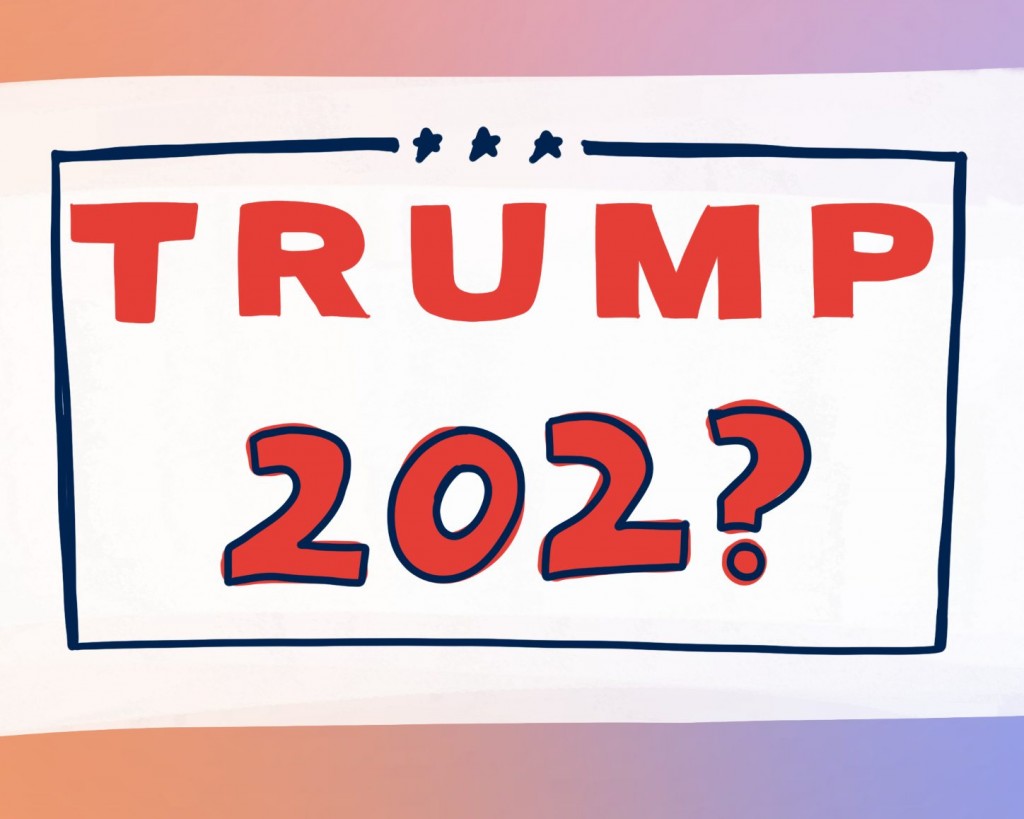While there are legitimate criticisms of US foreign affairs, there is a danger in such criticism
By Idrian Burgos, Senior Columnist
Want to be the hippest person in a public political discussion?
Denounce the United States.
Although it’s been going on for a long time, criticism of the US in foreign policy has become more fashionable since the Cold War. You may have read, heard, or watched such criticism from politicians, academics, pundits, news reporters, and Sean Penn. You may even remember some of the lines and arguments backed up with evidence.
US foreign policy is driven by corporations. The US promotes democracy abroad for its own interests. The US is hypocritical in sponsoring democracy since it has supported dictatorial regimes and overthrown democratically elected ones. Invasions of Iraq and Afghanistan were just for oil and resources, not hunting down terrorists or bringing freedom to those places. Anything the US does in the world causes death and destruction.
The country itself hasn’t helped in erasing this negative reputation, either through continuation of its activities abroad or attempts in creating a more positive and less-aggressive image. Only a cave-dwelling American patriot will deny these: backing of so-called Third World regimes and armed groups that support US interests, regardless of respect for democracy and human rights, and the weighty role of business interests in foreign policy, whether through trade agreements or governments in developing countries. Uncle Sam certainly thinks about his needs first when dealing with others.
For all its problems at home and mistakes abroad, the US has successfully crafted a global image as the centre of freedom, democracy, and prosperity. Compared with many other countries, there are relatively few governments with social checks on speech, movement, action, and business rights. Every American can essentially do whatever they want provided nobody else is negatively affected. Personal participation in commerce is not only allowed but encouraged. Governments and private operations are efficient, and Americans can participate in how they run. It’s no surprise that citizens of countries with poor US relations such as Iran view that country positively. For them, the US is a paradise where they are free to do whatever they desire. Media-constructed and -facilitated images help in spreading this good view of the US.
More importantly, no other country has successfully created an alternative to the US model. The Soviet Union tried to do that during the Cold War and it no longer exists. While the Islamist model launched by the Islamic Republic of Iran suffered from several issues even before the more recent Arab uprisings. Most other countries in the world have accepted capitalism as an effective form of economic organization, even when they reject liberal democracy. Other political and economic alternatives only remain on the drawing boards. Between an unstable Western democracy and a fossilized, authoritarian basket case, most people would naturally choose the beneficial choice.
So where does this leave us? Does it mean we can only have the US option? Not necessarily. The freedom, democracy, and prosperity offered by the US model have their own defects. Excessive freedom leads to irresponsibility. Democracy brings ideas that may lead to social disaster. American-style prosperity benefits some and hurts others. The challenge for other countries is in creating models that don’t just improve on the problems in the US example, but are models that present a fully radical alternative to the dominant model—and any country can do that if they choose to.

